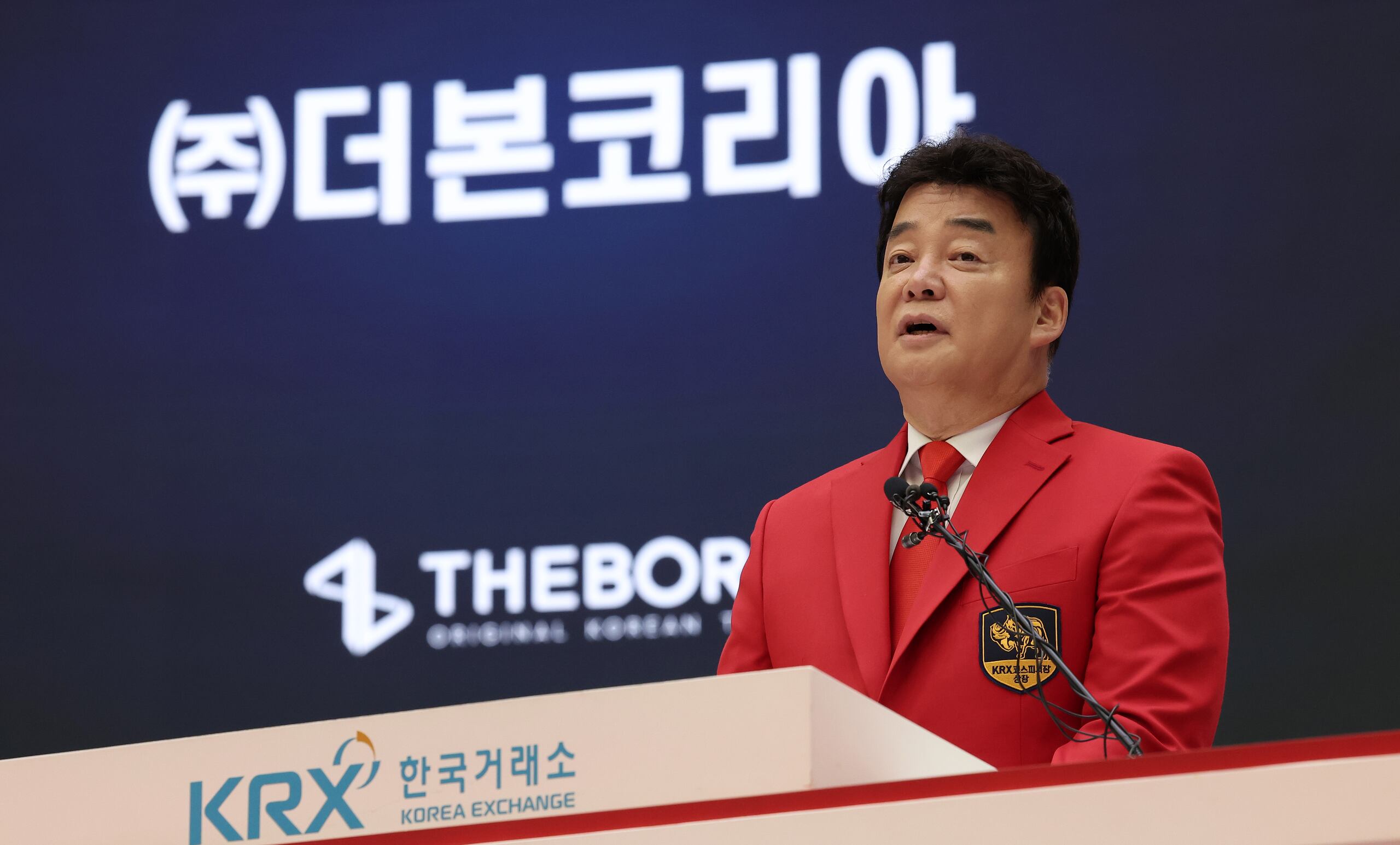Baek Jong-won Apologizes Amid Controversies Surrounding Daebon Korea

Baek Jong-won, the CEO of Daebon Korea, has issued a public apology regarding several controversies that have recently emerged. On March 13, he expressed his deep sense of responsibility and sincere regret through a statement on the Daebon Korea website. He acknowledged that the company has not met the expectations of its supporters and promised to improve its products and services.
Baek specifically reflected on unacceptable mistakes made during the production and distribution processes, admitting that the issues raised were due to his oversight. He committed to accepting criticism humbly and vowed to swiftly address all legal matters and concerns.
Previously, Daebon Korea faced allegations of violating agricultural land laws by using imported agricultural products in a food factory that was supposed to utilize domestic produce. In response, the company apologized for not fully understanding the regulations regarding the use of imported raw materials.
However, the controversies continued as it was revealed that products advertised as using domestic ingredients actually contained imports. For instance, the online store Daebon Mall promoted its 'Hanshin Pocha Stir-fried Octopus' as using domestic garlic, but the origin label indicated that Chinese garlic was used instead.
As a result, Baek is now under police investigation for violating the origin labeling law. The Special Judicial Police of the Agricultural Products Quality Management Agency reported that they have received a complaint regarding Baek's violation of this law and have initiated an investigation.
Additionally, Baek has faced criticism for the low pork content in Daebon Korea's Baekham and the insufficient citrus content in its citrus beer. He has also been scrutinized for cooking with LP gas cylinders indoors and for featuring products made with Brazilian chicken in a YouTube video aimed at supporting local farmers.
In light of these controversies, Daebon Korea's stock price has been on a downward trend since its listing on November 6 of last year. The stock peaked at 64,500 KRW on its first day of trading but is currently trading around 29,000 KRW, which is below the initial public offering price of 34,000 KRW.
What do you think?
0 reactions





